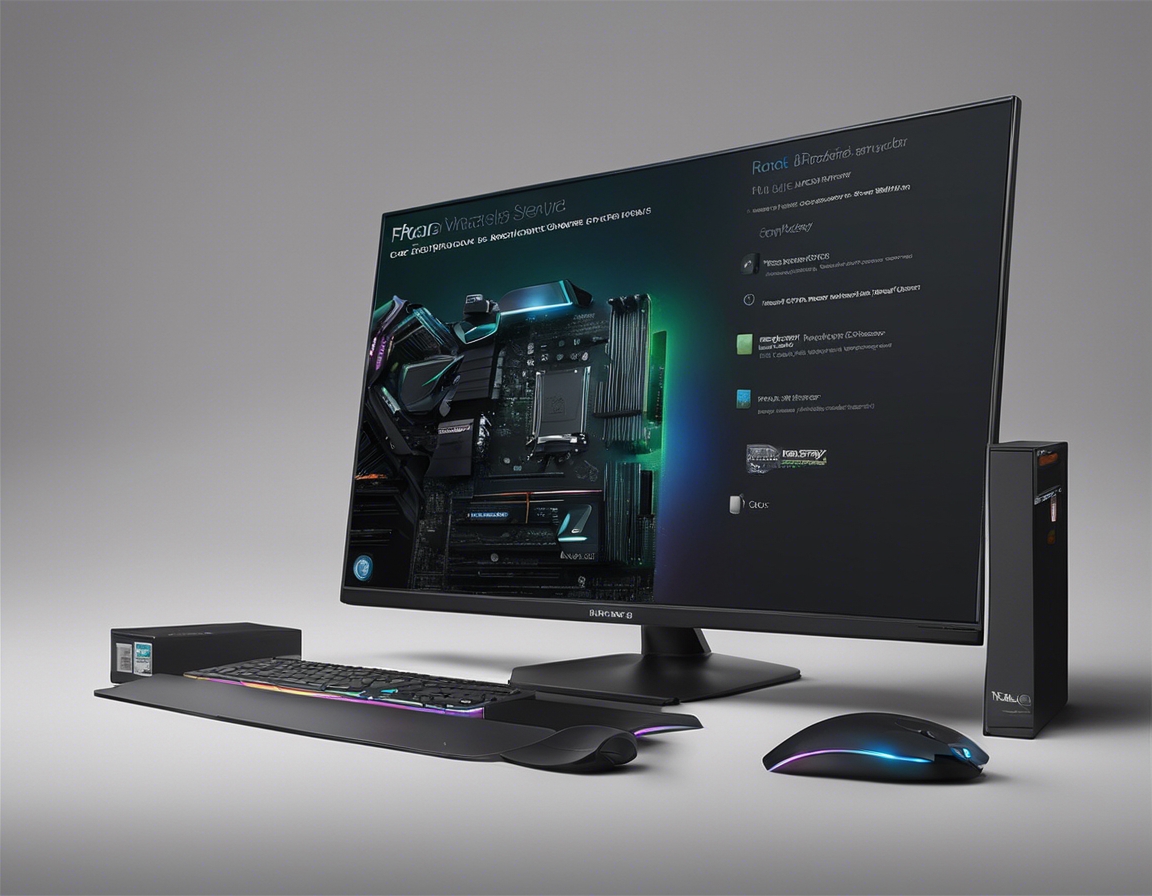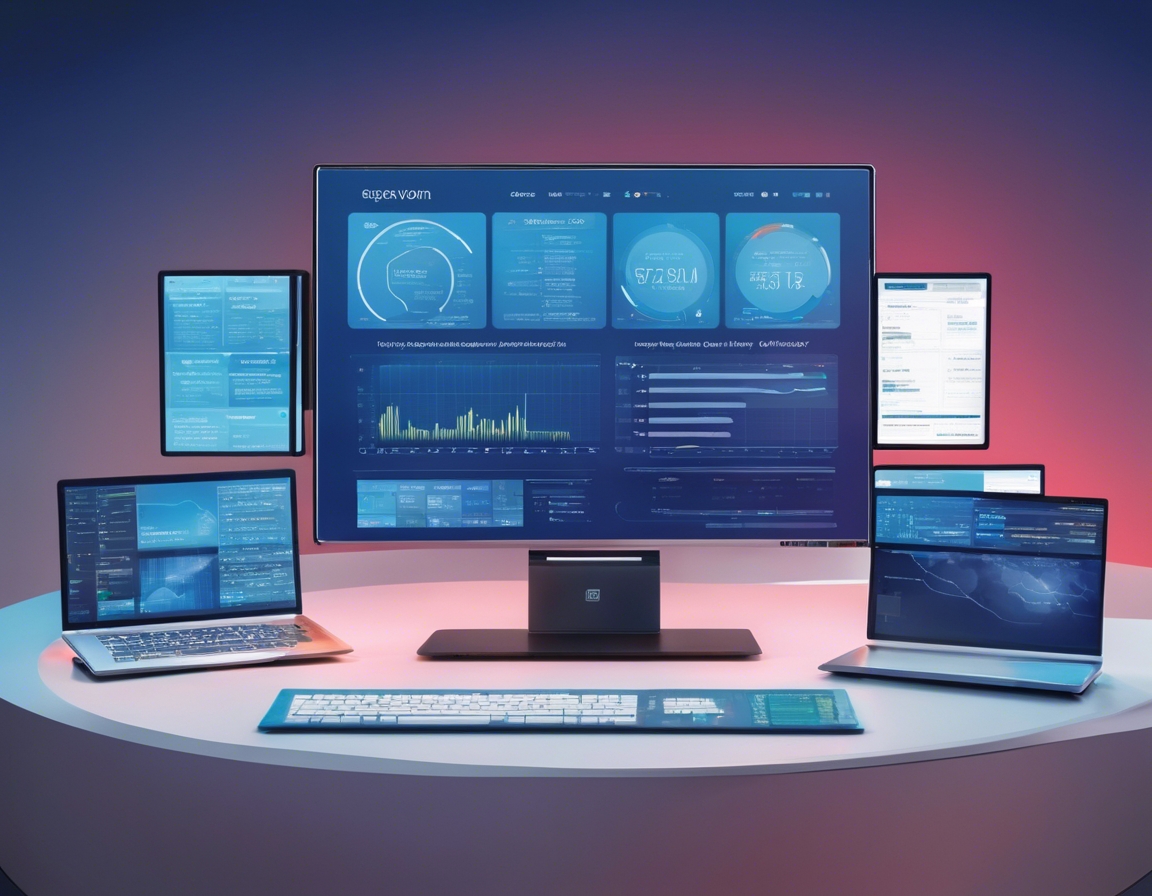The future of erp: trends to watch
Enterprise Resource Planning (ERP) systems have been the backbone of modern business operations, providing a unified platform to streamline processes, integrate functions, and enhance decision-making. As we look to the future, emerging technologies and trends are set to transform the ERP landscape, offering new opportunities for small to medium-sized enterprises (SMEs), accounting professionals, and IT managers.
Integration of AI and Machine Learning
Artificial Intelligence (AI) and Machine Learning (ML) are poised to revolutionize ERP systems by enabling automated decision-making. This will allow businesses to optimize operations, reduce errors, and free up human resources for more strategic tasks.
With AI and ML, ERP systems can process vast amounts of data to provide actionable insights, predict trends, and support data-driven decision-making.
AI-driven ERP systems will offer personalized experiences by learning user preferences and tailoring interfaces and workflows accordingly.
Cloud-Based ERP Solutions
Cloud-based ERP solutions provide unparalleled accessibility, allowing users to access critical business information from anywhere, at any time, on any device.
With a subscription-based model, cloud ERP reduces upfront costs and offers scalability to grow with your business.
Cloud providers invest heavily in security measures and compliance certifications, ensuring that your data is protected and regulatory requirements are met.
Mobile ERP Applications
Mobile ERP applications extend the reach of ERP systems, enabling real-time access to data and processes while on the move.
Stay informed with real-time data and notifications, ensuring that critical business decisions are made promptly.
IoT Integration in ERP
The Internet of Things (IoT) allows for seamless data collection from various devices and sensors, enriching ERP systems with real-time operational data.
IoT integration leads to better asset management by monitoring equipment performance and predicting maintenance needs.
Focus on User Experience (UX)
Modern ERP systems prioritize UX with intuitive design and easy navigation, reducing the learning curve and increasing adoption rates.
Users can customize their ERP experience to fit their unique workflow, enhancing productivity and satisfaction.
Blockchain Technology for Enhanced Security
Blockchain technology offers a secure framework for transactions, reducing the risk of fraud and enhancing trust among stakeholders.
With blockchain, ERP systems can achieve greater transparency and efficiency in supply chain management, from procurement to delivery.
Sustainability and Green ERP
ERP systems are moving towards sustainability, with energy-efficient processes that reduce the carbon footprint of businesses.
Green ERP helps businesses stay compliant with environmental regulations and standards, fostering a responsible corporate image.






Comments (0)